We found 33 Kidney Stones Doctors near you in Delhi. You can easily connect with a top Kidney Stones Doctor in Delhi, who can provide advanced treatment and caring support for your concerns.
Kidney Stones Doctors near me
33 Kidney Stones Doctors in Delhi
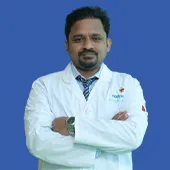
Manipal Hospital, Dwarka, Delhi NCR
Rs. 1,100 Consult Fees

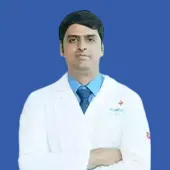
Manipal Hospital, Dwarka, Delhi NCR
Rs. 1,100 Consult Fees

Artemis Hospital, Gurgaon
Rs. 1,850 Consult Fees

Pushpawati Singhania Hospital and Research Institute, Delhi, Delhi NCR

Pushpawati Singhania Hospital and Research Institute, Delhi, Delhi NCR
Rs. 1,300 Consult Fees
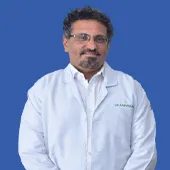
Pushpawati Singhania Hospital and Research Institute, Delhi, Delhi NCR
Rs. 1,700 Consult Fees
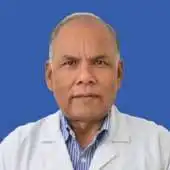
Max Smart Super Specialty Hospital (Saket City), Saket, Delhi NCR
Rs. 900 Consult Fees

Pushpawati Singhania Hospital and Research Institute, Delhi, Delhi NCR
Rs. 1,500 Consult Fees
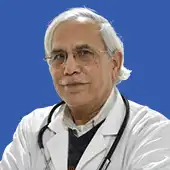
Sitaram Bhartia Institute of Science and Research, New Delhi, Delhi NCR
Rs. 1,600 Consult Fees
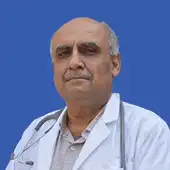
Sitaram Bhartia Institute of Science and Research, New Delhi, Delhi NCR
Rs. 1,200 Consult Fees

Senior Consultant - General and Laparoscopic Surgery
Sitaram Bhartia Institute of Science and Research, New Delhi, Delhi NCR
Rs. 1,500 Consult Fees

Sitaram Bhartia Institute of Science and Research, New Delhi, Delhi NCR
Rs. 1,400 Consult Fees

Pushpawati Singhania Hospital and Research Institute, Delhi, Delhi NCR
Rs. 1,200 Consult Fees

Sitaram Bhartia Institute of Science and Research, New Delhi, Delhi NCR
Rs. 1,000 Consult Fees
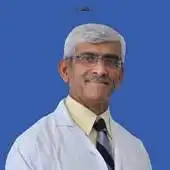
Honorary Senior Consultant And Head - Surgical Gastroenterology
Pushpawati Singhania Hospital and Research Institute, Delhi, Delhi NCR
Rs. 1,800 Consult Fees

Max Smart Super Specialty Hospital (Saket City), Saket, Delhi NCR

Senior Consultant - General and Bariatric Surgery (Minimal Access)
Manipal Hospital, Dwarka, Delhi NCR

Park Hospital, Delhi, Delhi NCR
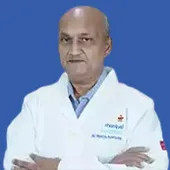
Manipal Hospital, Ghaziabad
Rs. 800 Consult Fees
